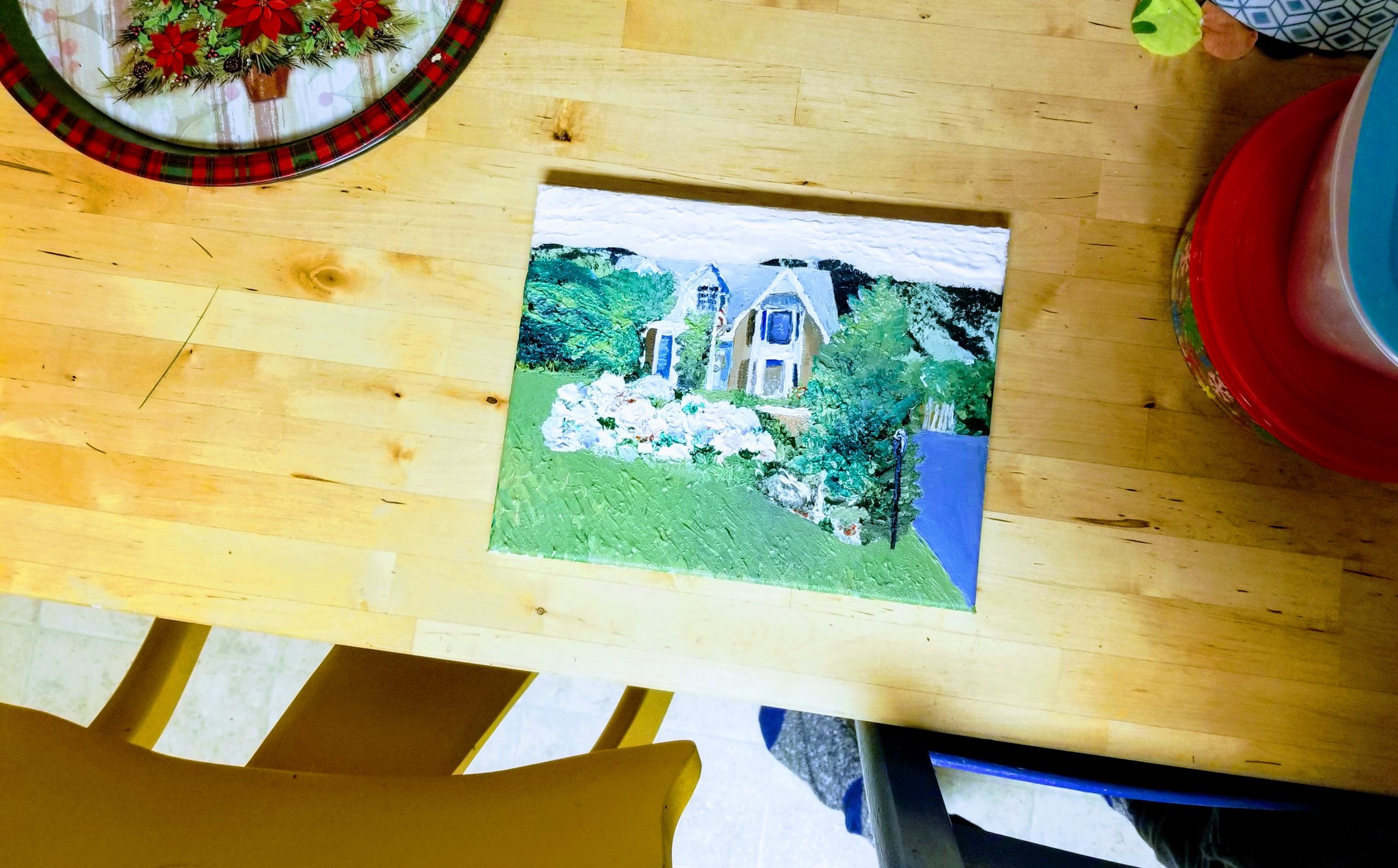I’ve always been fascinated by dreams. I’m the one who will always ask you what you dreamed about the night before and who actually wants to hear the answer. As a lucid dreamer myself, I find it astonishing when people tell me they can’t remember. This sounds rather frustrating, and I know so many people who say they wish they could remember their dreams better. There are so many great ways to cultivate a better connection to our dreams and remember them better, and they all happen to line up with the slow living movement.
It’s all about slowing down and being mindful when it comes down to it, and in the process of doing that, I’d argue that you’ll also get to know yourself better. Here are specific ways to better remember your dreams—slow-living style:
Before you go to sleep, remind yourself that you want to remember what happens in your dreams the next morning.
This isn’t always foolproof, but I know a lot of people who have said this works for them. Sometimes just being aware of our intentions and what we want is enough to have our minds in the right place. If you think about it for long enough before you go to sleep, in almost a meditative state, it will be so engrained in your head that you’ll probably remember it in your sleep. It is a great way to mindfully go to sleep, and it might even make for some lucid dreams (in which you realize you are dreaming while still in the dream, which enables you to try unlikely things you’ve always wanted to do).
When you wake up, don’t immediately get out of bed.
This one is especially important, and is one that I have always practiced. If you jump out of bed or immediately reach for your phone, you will become distracted and it will be a lot harder to recall your dreams after that. When you wake up, instead just lie there and think about what you dreamed about. Even if all you can remember is a scene or two, think about it. It doesn’t have to be for too long, but try to spend a few minutes at least meditating on it. This is also a great way to slow down your morning, and start the day mindfully.

Create a dream journal.
This one is pretty widely practiced, but it works. Psychologists who are in the business of studying dreams (or “oneirology”) generally have their subjects keep one and share it with them for observation. This works because like with all things that one is trying to memorize, it helps to write it down (hence, the point of taking notes in school). Consider writing in it after you’ve thought about your dreams in bed, as soon as you do get up. This will help to ensure the dreams are fresh. If this sounds overwhelming, you don’t have to do it everyday. A fun way to practice this is to keep one faithfully for one week, and at the end of the week to review what you dreamed about. Read the journal like a book, looking for common themes. At that point you can make a word map with it (showing which words and ideas are most common) or use it for writing inspiration.
Use the dreams as inspiration for art.
Making art is a great way to practice intentional living, as well as decrease stress. Consider your dreams and any common themes within them. These are great starting places for paintings, sketches, and any medium of art. This works well with a dream journal (you can color code bits in there of things you’d like to make art of), but for those who aren’t as big into writing or journaling, this can serve as a replacement for it. Many people are visual thinkers and learners, and sometimes communicating what you dreamed about through art is even more effective than trying to describe it in words (especially because dreams can be very strange most of the time). That all said, the art doesn’t even have to convey a summary or bit of the dream. Instead, it could feature colors that remind you of the dream or images that capture the feeling of the dream instead. There are so many options, and it’s a beautiful way to create something, slow down, and be creative.

Get enough sleep.
This involves many things, but namely making sure you aren’t falling asleep in less than 15 minutes, and trying to wake without an alarm clock. If you don’t allow enough time for your brain to power down correctly, it can prevent it from storing early dreams. Make sure you’re always well-rested (because if you’re sleep-deprived, you’ll fall asleep early when you hit the pillow), and as you lie down, try doing breathwork, listening to calming music, meditating, or other relaxing tactics to make sure you’re ready for sleep but aren’t just out for the count. The majority of your dreams happen up until about an hour before waking naturally, so waking without an alarm is important to store the memories properly (there’s a whole lot of science there). Try other means of waking up, like going to bed early so you feel more alert naturally in the morning. This is important for everyone anyways, and is another way to also be fusing slow-living practices into your daily routines.
Drink enough water.
Hydrating before bed will ensure that you get up to urinate during the night, which will be happening just after a REM cycle (a cycle that happens multiple times a night—when dreams happen). This way when you wake up, your dreams will be very vivid still, and you’ll be able to feel like they’re more recent. Consider writing down even just a few notes about what you remember before going back to sleep. This will help you get in the habit of thinking about your dreams, and it’s always important to be hydrated and take care of our bodies.

Cultivate your creativity.
Some studies have indicated that those who tend to think more creatively and practice introspection tend to have an easier time remembering their dreams, while logical thinkers have a harder time. While it may not be realistic to change your entire personality and thinking style (nor should you), if you participate in more creative activities there will be a lot of benefits. It builds intelligence, strengthens the creative skills you already have (leading to a better recollection of dreams), and reduces stress. Consider learning a new skill, or enjoying one you already have more often. Painting, cooking, acting, writing, etc. are all good for the soul and good for those more practical reasons as well, so you can’t go wrong.
Slow living isn’t just one thing. It encompasses many ways of life, and one of those is the practice of remembering your dreams. Why? Because to remember is to be mindful. It’s an intentional, slow process. Participating in it will not only help you to recall your dreams, but it will help you to reap the benefits that come with living mindfully and creatively.
Also by Emily: How I Went From Drinking Starbucks To Embracing Zero-Waste Slow Living
Related: I Tried The Healthy Sleep Habits From Bestselling Author Of “Why We Sleep”
Get more like this—Sign up for our daily inspirational newsletter for exclusive content!
__
Photo: Emily Iris Degn





